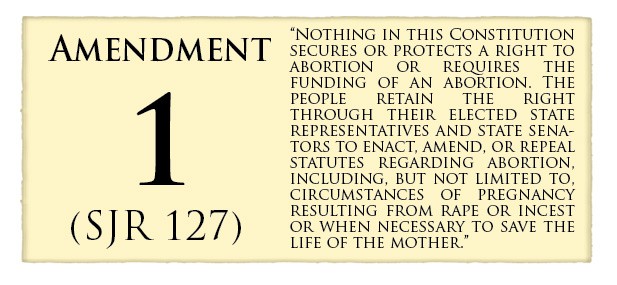
Two weeks ago in this space, we ruminated a bit on the sad irony that Tennesseans had overwhelmingly voted back on August 7th to keep pure politics out of the appellate court system, only to see their judgment thwarted in the
immediate aftermath of the election. The state’s Supreme Court — apparently including the three justices whose careers had just been saved from a GOP-sponsored partisan purge by a 2-to-1 statewide vote — concurred in what surely looked like a plain-and-simple political act: the election of an avowedly Republican state attorney general, Herb Slatery, who had until then been serving as the lawyer for GOP Governor Bill Haslam.
Slatery’s predecessor, the now deposed Robert Cooper, had by virtually all accounts served with distinction. The main disqualifying factor for him apparently was that he had been appointed to office by a previous Democratic governor, Phil Bredesen. That fact had put him on the hit list of the state’s reigning legislative power, Lieutenant Governor Ron Ramsey, whose PAC had bankrolled much of the capaign against retaining Justices Gary Wade, Connie Clark, and Sharon Lee, all of whom had earned Ramsey’s wrath because — you guessed it — they, too, had been appointed by Bredesen.
No doubt Slatery is both an honest man and a competent lawyer. We have no reason to think otherwise. Our concern about his appointment has to do with the political context of his selection. It seems reasonably clear that the High Court’s vote was a de facto courtesy nod to the Republican Party, which unmistakably is now the governing body of state government. So much for the principle of checks and balances, although no doubt the justices were acting somewhat in the name of consistency.
For what it’s worth, that idea is inherent in one of the major issues on the forthcoming November 4th state ballot — the statewide referendum on Constitutional Amendment 1, which would essentially repudiate a state Supreme Court decision from 2000 in the case of Planned Parenthood v. Sundquist. By a 4-to-1 vote, the court established guidelines in its ruling that extended protection for abortion rights beyond what even the U.S. Supreme Court had established. The proposed Amendment 1 would severely shrink that protection, apparently putting in jeopardy even, in the words of the amendment, “circumstances of pregnancy resulting from rape or incest or when necessary to save the life of the mother.”
The weekly Tennessee Journal, as even-handed and judicious a publication as there is in Tennessee, examined that fact last week in the light of the recent judicial-retention election and summarized its findings under the head: “An affirmative vote on Amendment 1 would repudiate court.” As the Journal noted, Ramsey had stated explicitly that a success for his purge campaign “would send a strong message that we expect our judges to interpret the Constitution, not rewrite it.”
As a corollary, these retention results would surely seem to mean, in the interests of consistency, that the Constitution should not be rewritten in the mode of Amendment 1.
Let the public be clear-minded where the reprieved justices may not have been.